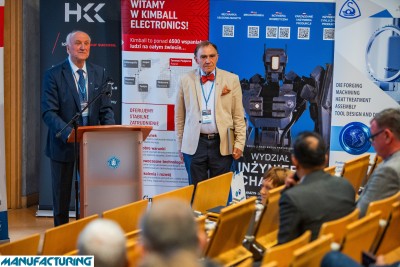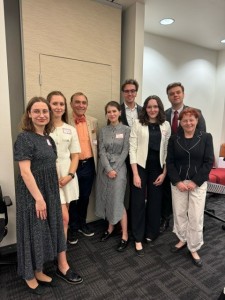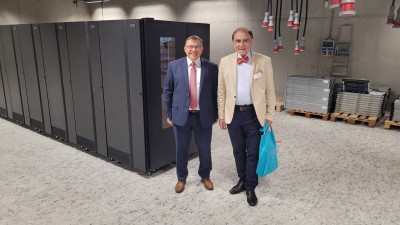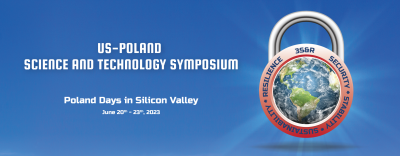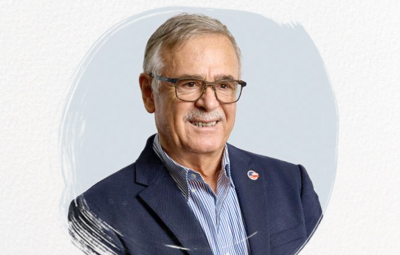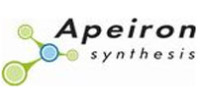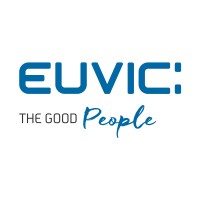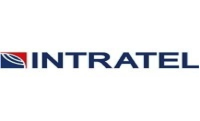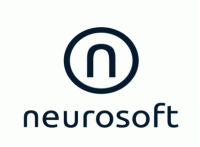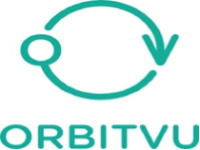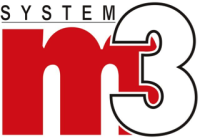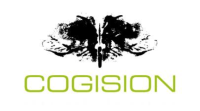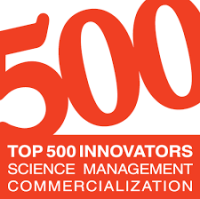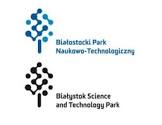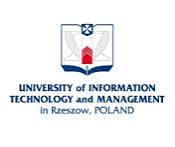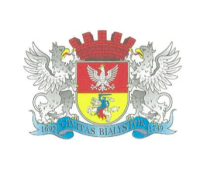Globally Smarter
By Clay A. Bullwinkel, Director of US-Polish Trade Council
The U.S. Polish Trade Council (USPTC) offers a variety of services to assist Poland-based technology ventures in their investigation and development of the U.S. market. Just how valuable can this be? First, your company has to be ready.
Not every tech venture company is ready to enter the U.S. or global market. A venture’s leaders may not know enough about such markets. They may want to stick what they know best, their local or home country market such as Poland. But if your company is creating something special, a product (or service) that is new or better, it is your duty to your investors, employees, and customers that you get to know the larger markets. Only then you can you make an intelligent decision of whether or not to reach for it. And, if you decide not to go global, you had better prepare to compete against global companies that come to you. Nasza Klasa comes to mind.
For over 30 years now – since 1983 when I graduated from Stanford’s Graduate School of Business M.B.A. program – I have advised dozens of Poland-based IT business ventures which have had been interested in larger markets, especially the U.S. market. Still today, examples of substantial success are not easily found. Why is this? In most causes the cause is ignorance about the U.S. or global market and its requirements. There is prevalent thinking by Polish company leaders that what works in Poland works elsewhere. Or at least there is a chance of it so why not try it. This is instead of first sufficiently learning about the market with the aid of market experts., and properly assessing the company’s ability to meet those requirements. One should know the market and not guess, before spending the money required to get a true foothold in the U.S., which in most cases is $ millions.
A newcomer to large markets should correctly estimate how much they know and don’t know, and seek to relieve their ignorance. They need to become globally smart, or hire someone who is. And, not to rely on just one person, build a circle of several advisors. A good place to start are articles, forums, and conferences. The market’s and product’s future, instead of only the past history, will be known best known not by journalists and analysts, but rather by marketing and design/engineering executives with experience in building businesses in the specific industry sector. Some of these “gurus” may have or have formerly had key roles at relevant start-ups, or groups within larger corporations.
Focusing only on successful examples from only Poland is far too limiting. It is important to understand and be inspired by examples in the recent sharp rise in Europe-based examples of global success. Almost every month there is news of another emerging big success. England (Shazam, Songkick, Mixcloud, Last.fm, Rushmore.fm, Huddle, ASOS, Net-a-Porter, Branient, GoCardless, Datasift, Hailo). Berlin (SoundCloud, Wooga, Zalando, FoodPanda SLASH Hellofood, Babbel, ZenMate). France (Criteo, Deezer, Dailymotion, Spartoo, Neolane, BlaBlaCar). Sweden (Spotify, Mojang, King). Finland (Stonesoft, F-Secure, Rovio, Supercell, Flowdock). Spain (Fon, Social Point, Teambox). Russia (Kaspersky Lab, Ozon, Nginx). Netherlands (Peecho). Estonia (Skype, 3Plet). Norway (Sounddrop). Czech (AVG). Ukraine (Petcube). Hungary (Prezi).
Here are other main rules for proceeding with U.S. market development.
– Your company team should keep a faithful spirit. I am not meaning religiously, but rather belief in and respect for investors, employees and customers. This faithfulness includes confidence for highly persistent problem solving in designing and building new and better solutions.
– Your company has to be properly financed. Costs, especially salaries, are many times higher in Western Europe and the U.S. than in Poland. That must be respected, with pay and benefits for people that is normal and not cheapened, so your team is built on a stable basis with good people and good attitude.
– Your product must solve an important problem, or create important behavioral change, e.g. in choice of entertainment or social activity, for a scalable volume of users. Important is defined as people are willing to pay for it.
– There must be a scalable business model that is initially revenue-based with a credible path towards sufficient profit. Scaling of use with no assurance of revenue or profit is a wasteful non-sustainable exercise.
– You should recruit knowledgeable users who will be beta users, frequent users, provide strong references, explain why your product is better, and offer good feedback to help make your product better.
– You will need what is often called wow, pizazz, or chutzpah in your public relations (PR) and user community in order to establish momentum.
Stepping back for a moment to observe the environment for tech ventures in Poland, it is essential that universities and municipalities enable and not impede. Inevitably in academia and government there can be disdain or jealousy for businesses. This has to be carefully managed and controlled by university and municipality leaders. When there is a success, more of the university and city need to feel a part of it. In truth, it is one’s culture of family, education and civic community that gives rise to the abilities of business people. Great examples are in Silicon Valley, with Stanford and UC Berkeley having for many decades been proud of their “economic offspring”. Recently these universities even commenced their own incubator investment funds to further enable tech ventures of their students and faculty.
So back to USPTC. USPTC offers educational courses, and can help you find and bring together the right people resources for your U.S. and global efforts. They can help you find globally smart people specific to your business sector, as well as service professionals in areas such as legal and accounting. USPTC and their referred professionals are accountable to you. USPTC is also about being part of the Poland-U.S. and Europe-U.S. business community. At their many events, it is about giving back and sharing your gained wisdom, as others will also share the same with you.
See you in Silicon Valley or Poland, becoming globally smarter.
Mr. Clay A. Bullwinkel is Founder and CEO, Silicon Valley Flow LLC, an advisory firm in IT general management, product development and management, and sales. He is a former executive of 3Com and Hewlett Packard, and a co-founder and member of Board of Directors of the U.S. Poland Trade Council. He has his B.A. and M.B.A. degrees from Stanford. Since 1983 his work has involved Poland.


